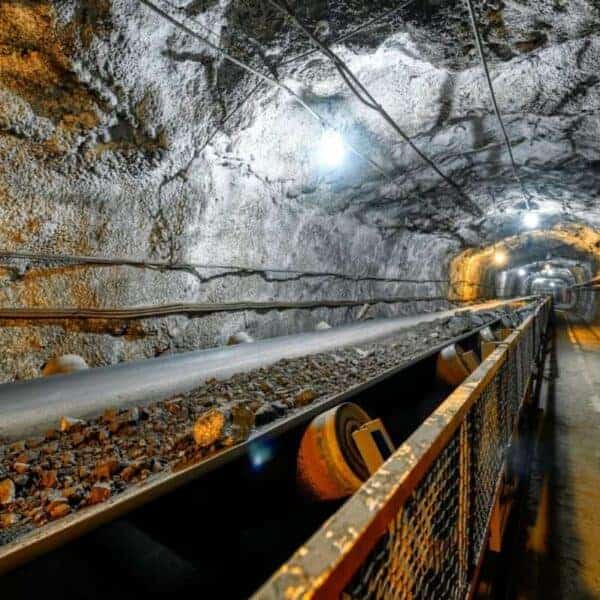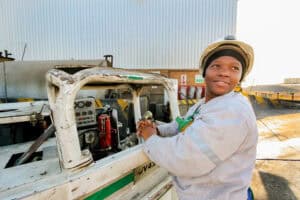Greenpeace says Africa risks repeating historic exploitation unless mineral wealth is locally processed and governed transparently.

Leaders attending the upcoming G20 summit in Johannesburg must discuss how Africa will benefit from its critical minerals, according to Koaile Monaheng, Pan-African political strategist at Greenpeace Africa.
He was commenting on the Greenpeace Africa’s report, which said if Africa’s minerals were not extracted for global supply chains, it would have powered its own industrialisation, job creation and just energy transition.
Africa risks repeating extractive past without reform
The report warned Africa’s vast reserves of critical minerals could drive development and climate justice, or entrench inequality and exploitation if governance and value addition remain weak.
“This is not just about critical minerals. It is about whether Africa controls its own wealth, or whether we watch another scramble for Africa, this time dressed up as climate action,” said Monaheng.
“If we replicate the exploitative models of oil and gas extraction, we will lock in poverty, inequality, and environmental destruction for decades.
ALSO READ: Stop shipping SA’s minerals out
“This report shows we cannot trade one extraction economy for another; we must invest in beneficiation, enforce governance and place communities at the heart of decision-making.”
Call for beneficiation and stronger governance
Monaheng said the report came at a good time, when South Africa is hosting the G20, where inclusive growth, trade and investment are top of the agenda.
The report titled Exploring the Critical Minerals Landscape in Sub-Saharan Africa: Insights for Development Policy and Practice, highlighted that sub-Saharan Africa holds 30% of global critical mineral reserves.
According to the report, the Democratic Republic of Congo produces 70% of the world’s cobalt, yet it ranks 180th out of 193 on the Human Development Index.
Global powers competing for Africa’s mineral supply chains
It also said the Sub-Saharan region loses over R340 billion a year to illicit financial flows from mining, while local processing could create two million jobs by 2035.
ALSO READ: 36 small-scale miners set to graduate in Mpumalanga
The report said global competition for Africa’s minerals is intensifying, with China leading the processing of critical minerals into value-added products.
The Inflation Reduction Act has already placed African minerals at the heart of the United States’ supply chain strategy, the report cited.
It also said the European Union has passed a Critical Raw Materials Act to lock in supplies.
“Together with the US, UK, Japan and others, it launched the minerals security partnership to reduce dependence on China and diversify sourcing.
“This geopolitical competition risks reducing Africa to a battleground of global powers, with communities and ecosystems paying the highest price,” the report warns.
NOW READ: ‘We’re making Joburg great again’: Morero insists city clean up not just to impress G20 leaders






